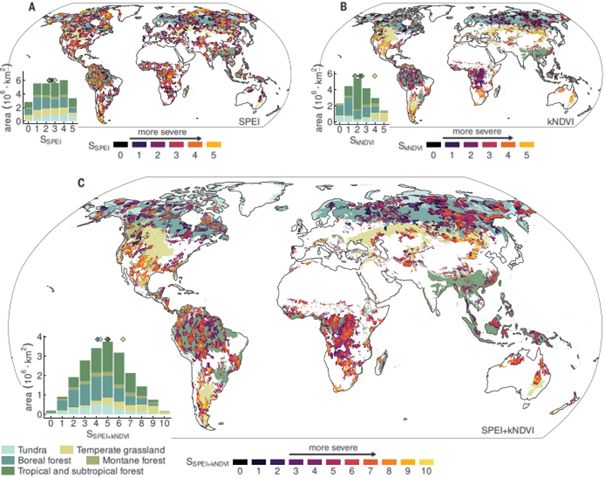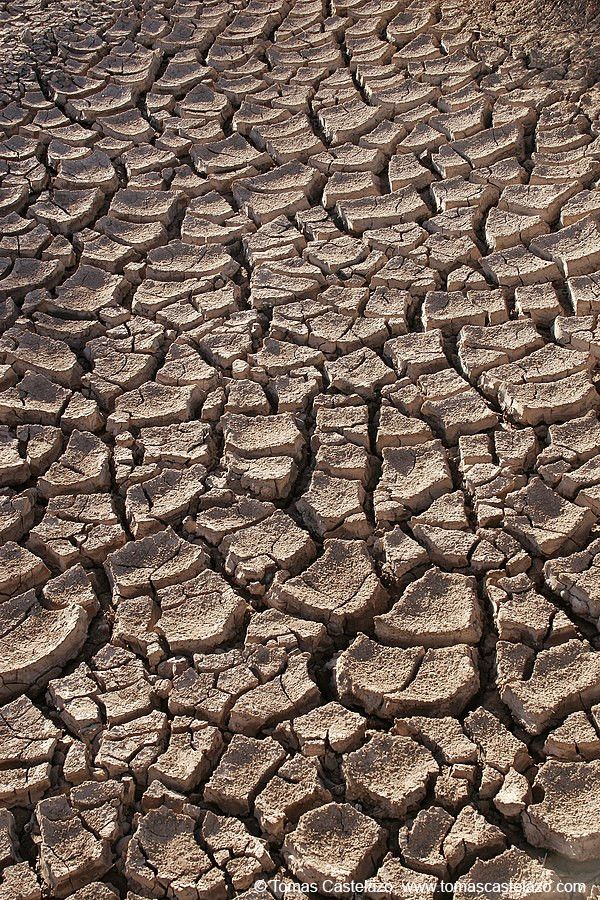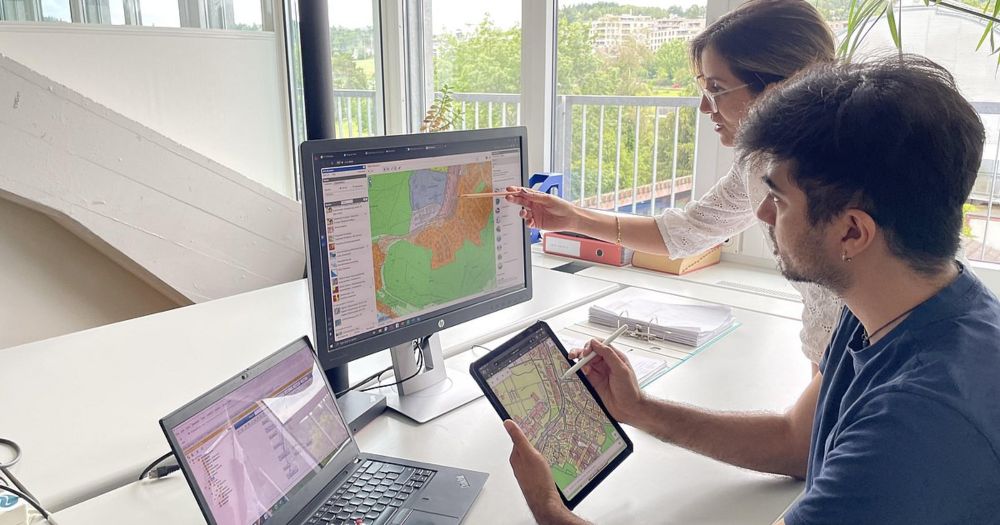@euracalpenv.bsky.social @wslresearch.bsky.social @biodiversa.eu 👇


@euracalpenv.bsky.social @wslresearch.bsky.social @biodiversa.eu 👇
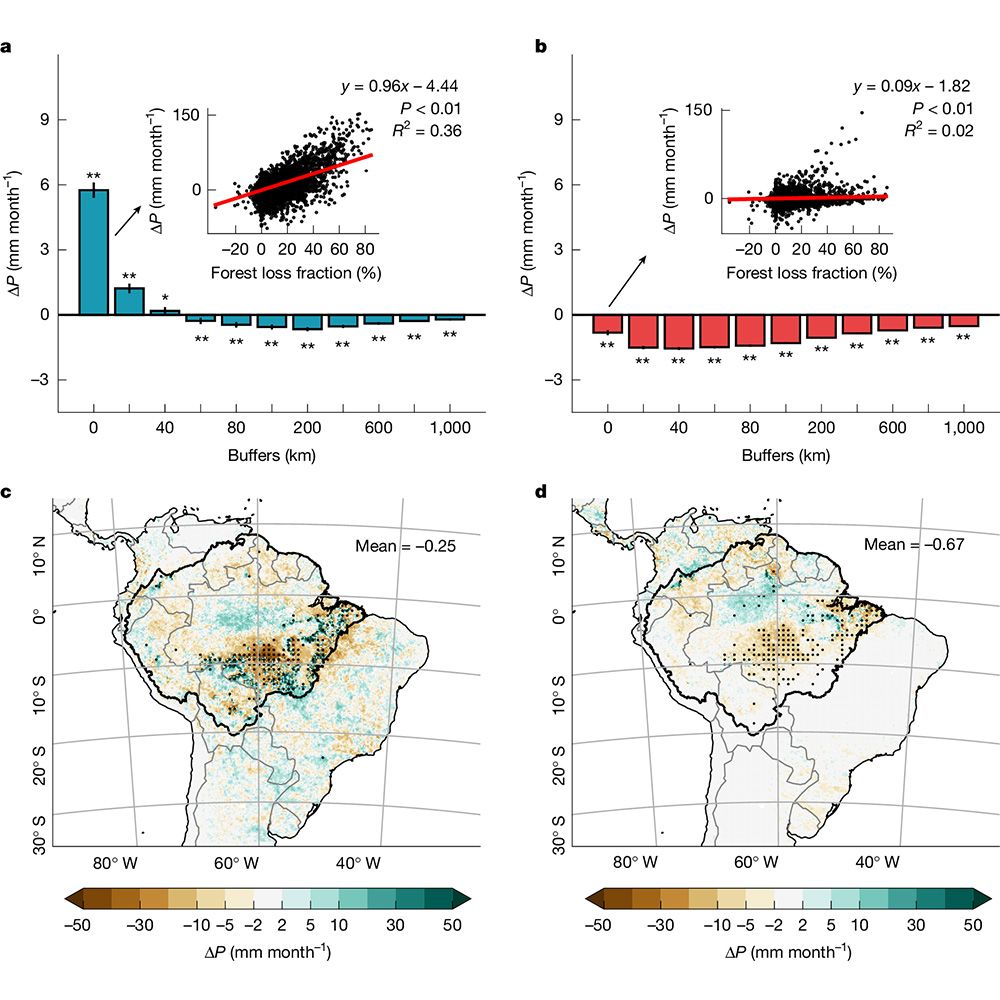
🔹 Human Geography: haushalt-und-personal.hu-berlin.de/de/personal/...
🔹 Physical Geography: haushalt-und-personal.hu-berlin.de/de/personal/...
6-week application deadline. Please share!
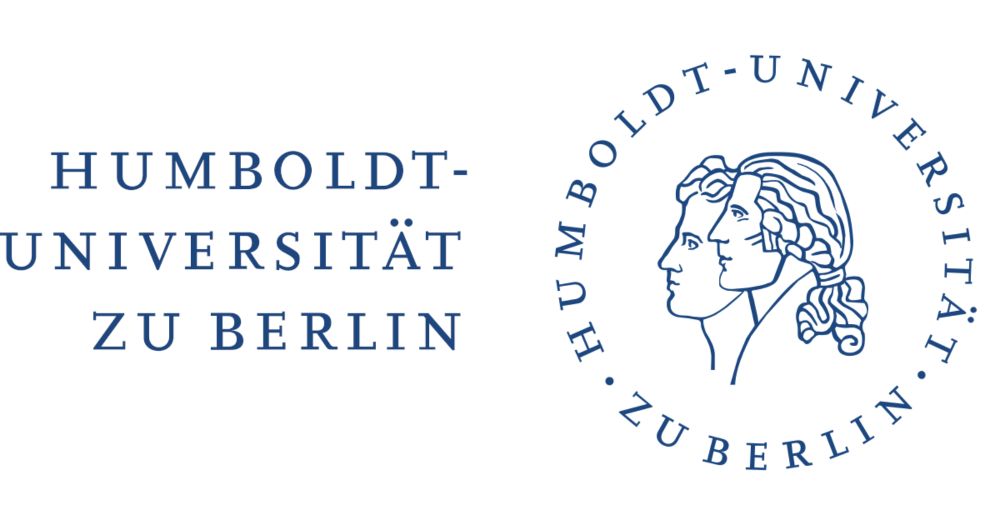
- Human Geography and Global Transitions
- Geography of Global Environmental Change
haushalt-und-personal.hu-berlin.de/de/personal/...
@humboldtuni.bsky.social
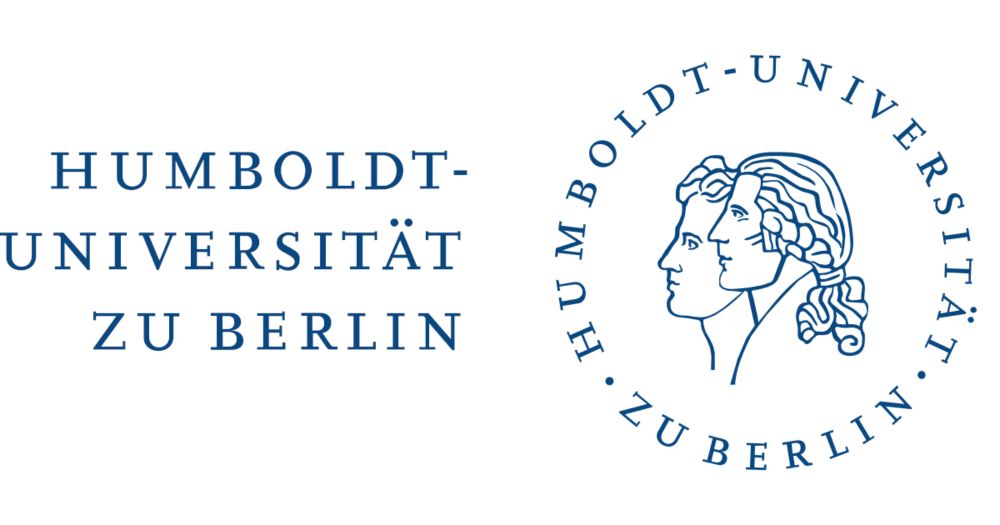
- Human Geography and Global Transitions
- Geography of Global Environmental Change
haushalt-und-personal.hu-berlin.de/de/personal/...
@humboldtuni.bsky.social
Join us at IALE 2025 iale2025.sav.sk within two sessions closely related to our G4B project:
S3G–Interdisciplinary Responses: Perspectives for Grassland Research and Conservation Projects
S4G–Remote Sensing of the Grassland-Dominated Landscapes
Join us at IALE 2025 iale2025.sav.sk within two sessions closely related to our G4B project:
S3G–Interdisciplinary Responses: Perspectives for Grassland Research and Conservation Projects
S4G–Remote Sensing of the Grassland-Dominated Landscapes
We look at historical maps, satellites & aerial imagery, landscape changes 🗺️, and relate them to grassland diversity.
We look at historical maps, satellites & aerial imagery, landscape changes 🗺️, and relate them to grassland diversity.
Purging science is an attack on democracy.
www.theguardian.com/us-news/2025...

Purging science is an attack on democracy.
www.theguardian.com/us-news/2025...
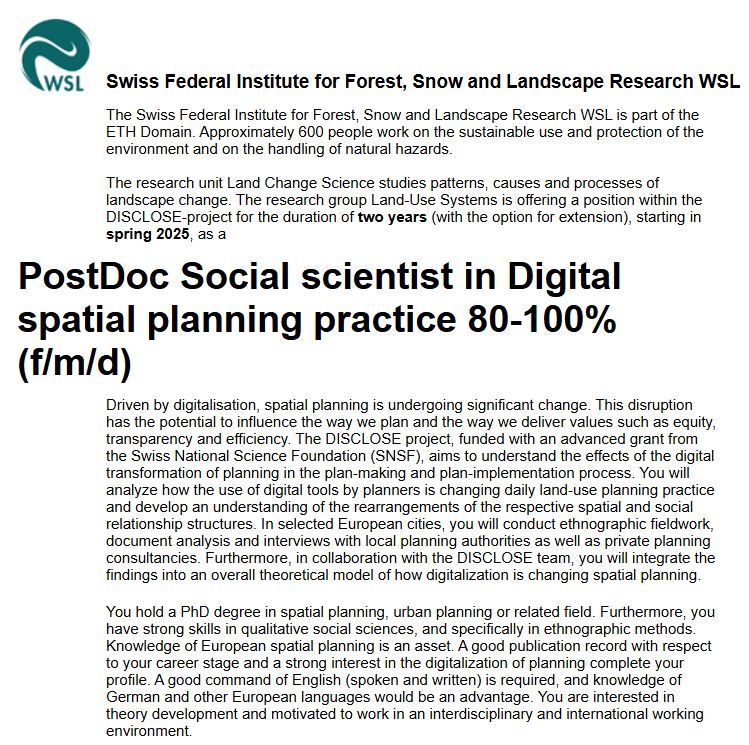
www.copoprad.sk/podujatie/ki...

www.copoprad.sk/podujatie/ki...



